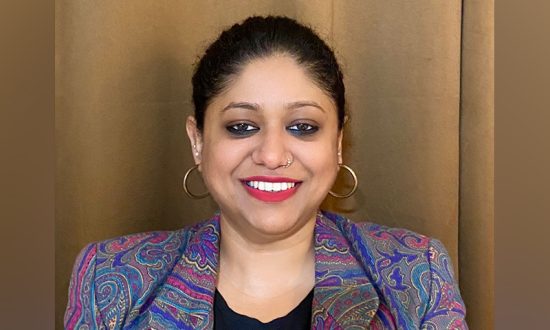Oindrila comes with more than eleven years of experience in corporate messaging, media relations, corporate training & module development, and executing public relations strategies across diverse industries. She has completed her Masters in Human Rights with a specialization in Child Rights from IIHR, New Delhi and went on to complete her Masters in Sociology from Delhi University. She feels strongly for the cause of Education and Women’s rights and have been actively participating in various platforms for the same. When not working, she loves to explore new avenues, travel and read.
It is always believed that education is the key to success and nothing can outshine the value of the education system. And the key to a great education system is the value its faculty adds to development of the entire module.
In short, they are the faculties who are the most important and fundamental in driving growth, success and positive change as far as a sound education system is concerned. They are the most important resources any institution can invest upon.
However, till the very recent times, it was believed that only students or learners need to upgrade and update their knowledge. It was strongly believed or rather assumed that a competent scientist, or a competent doctor would naturally be the best and the most effective teacher. Even most medical schools recruited faculty members more for their content knowledge and clinical skills rather than for their educational skills. However, with time, it was seen that a lot of these faculty members would often be criticized because of shortcomings in their ways of teaching.
In some other cases it has been seen that a teacher or faculty even after serving 10-15 years teaching the same subject are often not taken well by their students and are rather criticised. This is mostly the case because unlike students, the teachers do not upgrade or update themselves with the passage of time.
Often these days, faculties of technical institutions are faced with increasing demand of being more technically sound, creative and good investigators to be able to teach well. This then requires faculty members to attain new knowledge, acquire new skills and then be market ready to teach and be accepted to teach.
This is where we see that faculty members need to be prepared enough by some sort of a faculty development program (FDP) in order to deal with the rapid changes and shifting paradigms in medical education, health care delivery systems, and clinical practice. Without such training, teaching is often reduced to instructors presenting their understanding of the subject by one-way lecturing.
Over the last few years it has been witnessed that faculty development programs have rapidly evolved and have expanded progressively. Data shows that there have been sporadic efforts in the first half of the 20th century to provide such training, but true FDPs or Faculty Development Programs began in 1975 and have grown steadily over the past 25 years.
Now the question arises as to why FDP’s be important?
In recent times, there has been accumulating evidence about the ineffectiveness of the traditional way of teaching. The importance of these programs has been attached to better responsiveness to advance situations and criticalities of the subject. FDP’s have proven to be successful to teaching skills in higher education by making the learning methodology more acceptable, easy to comprehend, contemporary yet rigorous in evaluation procedures.
In India, Faculty Development Program is aiming for India’s higher education system in attaining sustainable development and achieving higher growth rates which could be enabled through creation, transmission, and dissemination of knowledge. Higher education at all levels in the country is witnessing a consistent growth pattern marked by the setting up of new institutions and the improvement of the existing ones. Demand for qualified teachers and faculty members over the next few years would be substantial and will become extremely critical for states to expand the current institutional capacities, not only of infrastructure but also of qualified and trained faculty members.
So to complement the transition and the rapid growth in technical education domain, it is an imperative for the faculties also to be well versed, well trained and updated to be able to deliver what the requirements are. It is about building capacity for teaching with technology.




